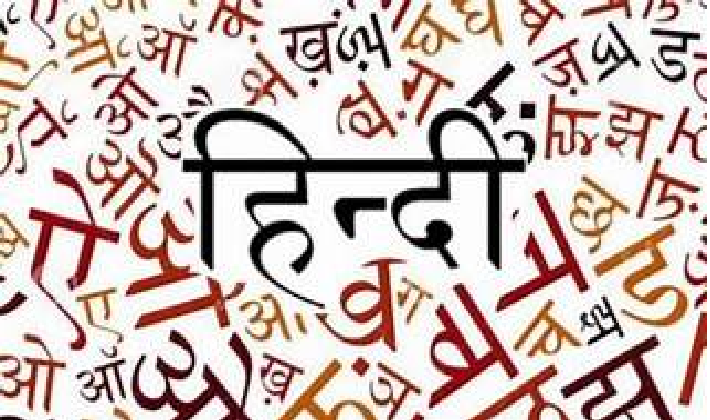
Bharatendu Harishchandra: Father of Modern Hindi Literature and Theater
September 11th, 2024
00:00

00:00
Summary
- Born on September 9, 1850, in Varanasi
- Pioneered modern Hindi literature and theater
- Era from 1857 to 1900 known as 'Bharatendu Era'
- Developed Khari Boli Hindi, free from Persian and Urdu influences
- Authored 17 original and translated plays
- Critiqued British rule and Indian society
- Promoted patriotism through journalism
Sources
Bharatendu Harishchandra, born on September ninth, eighteen fifty in Varanasi, is widely recognized as the father of modern Hindi literature and theater. His life and work have left an indelible mark on the landscape of Hindi literature, making him a towering figure in the annals of Indian literary history. His dedication to the development of Hindi literature was so profound that the period from eighteen fifty-seven to nineteen hundred is known as the Bharatendu Era. During his time, Persian was the language of the elite and administration, while English was gaining dominance due to British rule. This shift led to a decline in the use and prestige of Hindi, adversely affecting Indian culture and literature. Bharatendu Harishchandra, witnessing this linguistic and cultural erosion, embarked on a mission to revive and modernize Hindi. He played a pivotal role in developing Khari Boli Hindi, free from Persian and Urdu influences, thus laying the foundation for modern Hindi. His contributions to literature and theater were groundbreaking. He established Hindi theater, steering it away from the influences of Parsi and Western theater. Bharatendu wrote and translated seventeen plays, which were innovative in their approach, focusing on logical and critical thinking rather than mere emotional and religious themes. His notable works, such as Bharat Durdasha, not only critiqued British rule but also addressed the flaws within Indian society, including issues like laziness, superstition, fatalism, and casteism. In addition to his literary pursuits, Bharatendu was a prominent journalist. He launched several publications, including Kavivachansudha, Harishchandra Magazine, and Bala Bodhini, through which he inspired patriotism and social awareness among his readers. His efforts in journalism were recognized with the title Bharatendu by the scholars of Kashi in eighteen eighty. Bharatendu Harishchandras legacy is not only in his writings but also in his relentless pursuit to enrich Hindi literature and culture. His lifes work continues to be celebrated for its depth, diversity, and impact on modern Hindi. The linguistic and cultural context during Bharatendu Harishchandras time was complex and challenging. The dominance of Persian, used by the elite and in administration, alongside the increasing influence of English due to British rule, led to a significant decline in the use and esteem of Hindi. This shift not only impacted day-to-day communication but also posed a threat to the rich cultural and literary heritage of India. In response to this situation, Bharatendu Harishchandra undertook the monumental task of revitalizing Hindi. He focused on developing Khari Boli Hindi, free from the influences of Persian and Urdu, which were prevalent at the time. His efforts positioned him as the first modern Hindi writer, marking a significant departure from the traditional literary forms and setting the stage for contemporary Hindi literature. In the realm of theater, Bharatendu made substantial contributions by establishing Hindi theater independent of the Parsi and Western theater influences. His work in theater was not just about entertainment; it was a medium through which he promoted logical thinking and social critique. Bharatendus plays, totaling seventeen original and translated works, covered a wide range of themes, including mythology, history, politics, and social issues. This was a notable shift from the predominantly religious and emotional themes of earlier theater. One of his most notable works, Bharat Durdasha, exemplifies his approach. In this play, Bharatendu critiqued both British rule and the shortcomings within Indian society. He depicted the exploitation and oppression by the British, while also highlighting issues like the laziness, superstition, and casteism among Indians. This dual critique was a call for introspection and reform, urging his audience to recognize and address their own flaws alongside resisting colonial oppression. Bharatendus role as a journalist further amplified his impact. He founded several publications, most notably Kavivachansudha, Harishchandra Magazine, and Bala Bodhini. Through these platforms, he disseminated ideas of patriotism, social reform, and cultural pride. His writings in these publications not only informed but also inspired his readers to engage with the socio-political issues of their time. In summary, Bharatendu Harishchandras contributions to modern Hindi literature and theater were transformative. By promoting Khari Boli Hindi and establishing a distinct Hindi theater, he laid the groundwork for future generations of writers and playwrights. His critical and innovative works, both in literature and journalism, continue to resonate, reflecting his enduring legacy in the cultural and intellectual history of India.